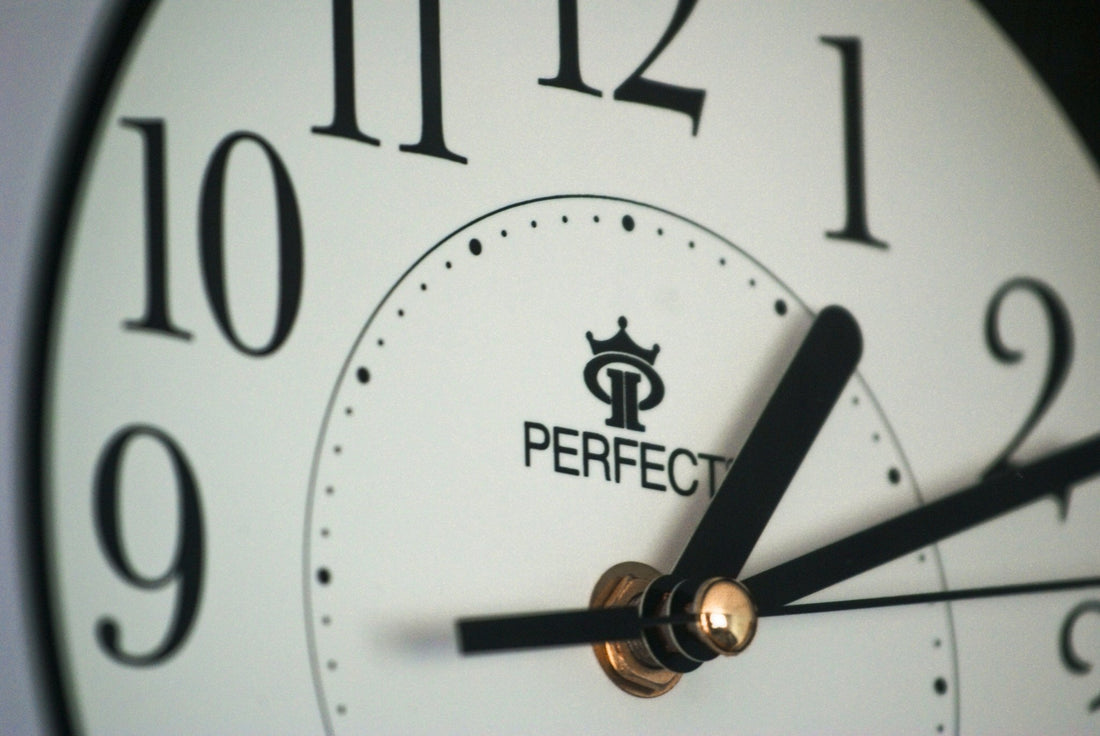
How To Handle The Time Change
The clocks have been officially changed and you are likely reveling in the extra hour of sunshine at the end of the day. For most people, there are pros and cons to the clocks “springing ahead” an hour. While you will likely get a naturally burst of energy knowing that spring is right around the corner, it also may take a while for your body to adjust and catch up on that lost hour of sleep. When the clocks actually spring ahead, you are most likely sound asleep, however; don’t underestimate this precious lost hour, as it can take weeks to play catch up. Some may feel it right away and for others it may take a few good days before the slump sets in. Whatever the case may be for you, here are a few tips for coping with that abandoned hour.

Embrace the light. If you are feeling low on fuel, it might be from the past few months of lost light. Step outside and allow your body to absorb some sunshine and vitamin D, and you may find that you have a little more pep in your step not long after.
Take a nap. If you have the time, it would benefit you to squeeze in a nap if you are still struggling with the time change adjustment. While some may disagree on naps, it’s important to keep in mind that it’s much safer and healthier for your body if you let it rest instead of continuing to run on empty. Just be careful to not overdo it, as a long nap can lead to a feeling of grogginess.
Alter your evening routine. If you find that you are having trouble getting to sleep at your normal hour, you may need to adjust your pre-bedtime routine. Limit caffeine in the late afternoon, try to schedule your workouts for the morning or midday, and avoid alcohol prior to bedtime.
Don’t limit your sleep. Since you are already losing an hour of sleep, be sure to maintain a dedicated seven to eight hours of shut eye every night. You don’t want to fall below the required amount, considering you are already losing that hour.
Adjust the lights and wind down. Lighting is surprisingly powerful when it comes to waking up and going asleep. To give yourself a little boost in the morning, flip the lights on as soon as you wake up. This will provide a signal for your body to wake up and get moving. This is just as important when it’s time to wind down for the day. Dim the lights at least an hour before you turn in for the night, and your body will likely follow your lead and settle into the darkness and slow down for bed.
Ready to make a change in your life? Let's talk CLICK HERE

